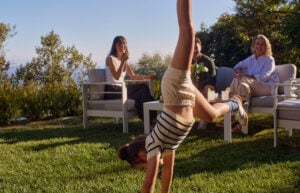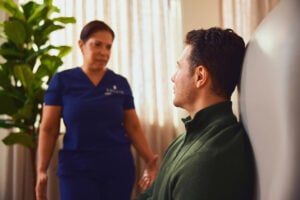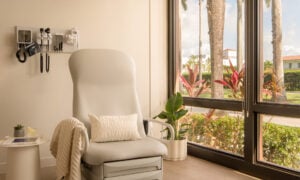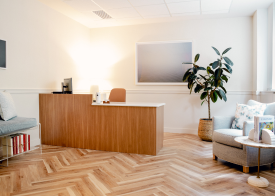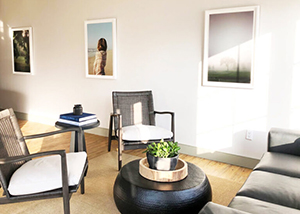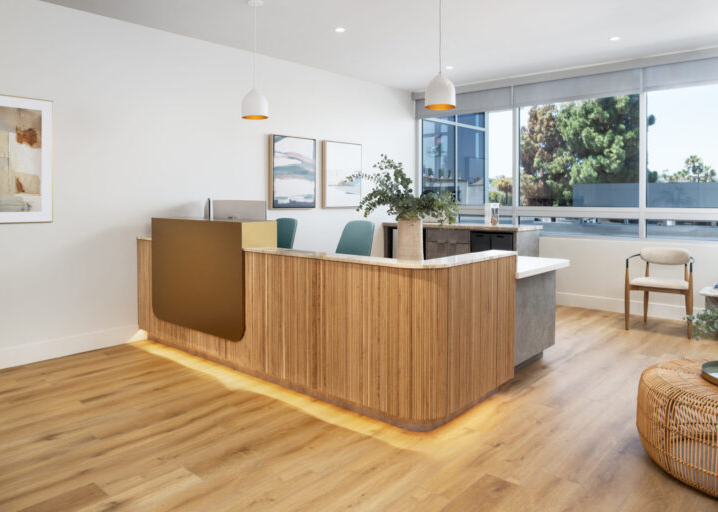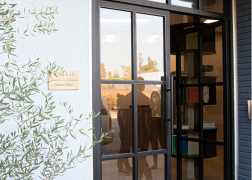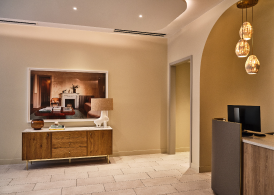Tell us a little about your mother’s cardiac issues. What was she diagnosed with, and when?
My mother was born with a heart murmur but in 2011 she needed a valve repair. It went smoothly; she received fantastic care from her doctors at Sequoia hospital in Northern California. Over time, the repair started to tear. Seven years after her first open heart surgery, she needed a replacement valve. This surgery was much more difficult—for her, and consequently for our family. Since then, she has struggled with atrial fibrillation, has had a pacemaker put in, and has to be on medication to keep her a-fib in check.What sort of an emotional toll has it taken on you? Has it forced you to confront her mortality?
My mother’s second surgery was extremely difficult, emotionally. It took a lot longer than expected and when you are in a waiting room and things aren’t going as planned, it is difficult not to spiral. I realized that for my entire life my mother has been my rock. She is the one who has always told me not to worry. But during this time, I couldn’t rely on her. I had to find that center and place of groundedness for myself. It was a moment of growing up for me. I’m certain these experiences have made her think about her mortality. My mother is a perpetually positive and optimistic person. So whatever fears she had, she kept them mostly to herself, or between her and my father.Conversely, have there been any silver linings?
I think the silver lining of any health scare with a positive outcome is it makes you appreciate what you have. You never want to take that person for granted. It is a reminder not to sweat the small stuff; to let go of anything petty.“Time spent in and out of hospitals can be a blur. Write things down—whether that be questions that pop into your head for the next conversation you have with the doctor, or whether that be journaling for yourself.”
How has your approach to helping her—and your approach to coping with the uncertainty of having a sick parent—evolved over time?
I think my approach has remained consistent throughout this journey. My sisters and my dad have cared for her the way she has cared for us our entire lives—with presence, laughter, devotion and sometimes some tough love.Have there ever been times when she hasn’t felt seen or heard by her doctors, and if so, how have you navigated the process of advocating on her behalf?
My parents live between two locations—one, a very centrally located town in Northern California with top of the line medical care; the other, a very small town, far from any major hospital. Having a dialogue between two medical teams in two different states was very challenging. And going through that during Covid was even trickier. I think my mother has had the lucky, and perhaps unique experience, of feeling very heard by her doctors. She is an excellent advocate for herself; this is one of the greatest things I’ve learned from her. She hasn’t always agreed with her doctors. My mother was extremely resistant to having a pacemaker at first. After a lot of research and a lengthy conversation with her providers, she ultimately decided it was for the best.What words of advice do you have for anyone else who might be dealing with a sick parent and everything that comes with it?
I would say if you have siblings, lean on each other, take turns sleeping, making food, doing hospital visits. You have to remember to take care of yourself as well. Write things down—whether that be questions that pop into your head for the next conversation you have with the doctor, or whether that be journaling for yourself. Time spent in and out of hospitals can be a blur.“The silver lining of any health scare is it makes you appreciate what you have. You never want to take that person for granted. It is a reminder not to sweat the small stuff; to let go of anything petty.”
